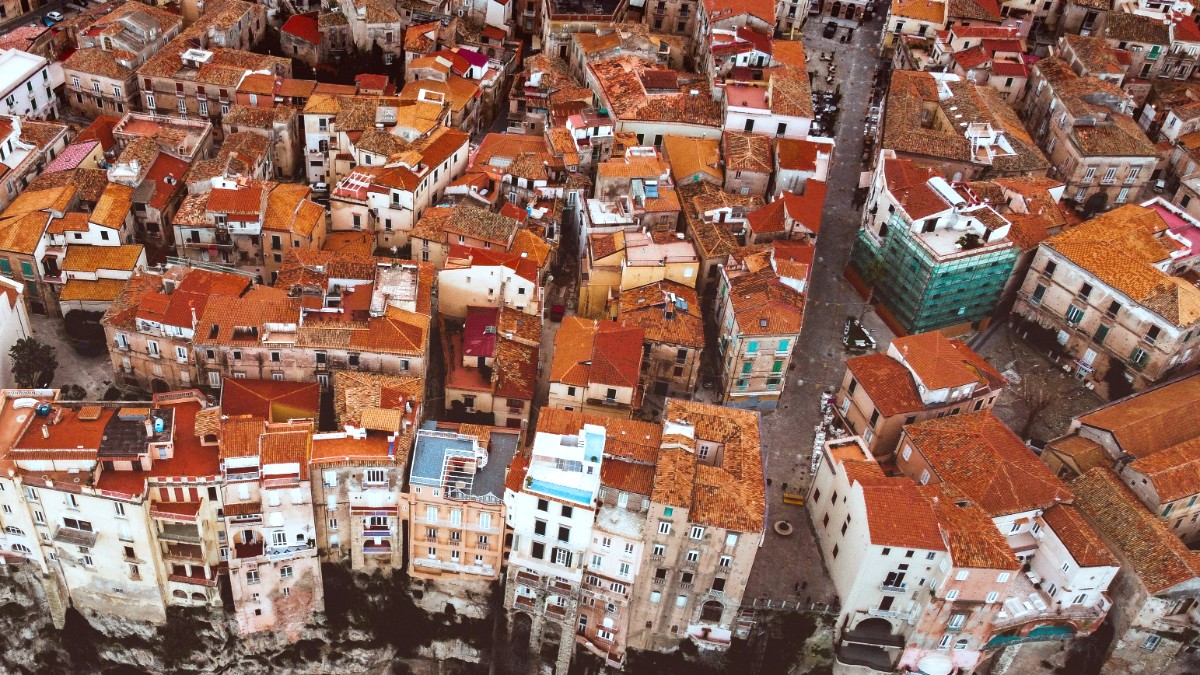
Italy
Citizens of many countries need no visa for stays up to 90 days within any 180-day period. This applies for tourism or business purposes. This covers citizens from the United States, Canada, Australia, New Zealand, the United Kingdom, and most EU/EEA countries. For these nationalities, a valid passport grants entry.
Citizens from other countries, like India, China, and South Africa, must apply for a Schengen Visa (Type C) before travel. This visa permits entry into the entire Schengen Area. The application process commonly involves: scheduling an appointment at the Italian embassy or consulate, completing a visa application form, submitting supporting documents, and providing passport-sized photos meeting Schengen requirements. A visa application fee also applies.
Upon arrival in Italy, regardless of visa requirements, prepare these documents:
Your passport must hold validity for at least three months beyond your intended departure date from the Schengen Area. It should have been issued within the last 10 years and contain at least two blank pages.
Critical for entry
Ensure it holds validity for your stay period.
Mandatory for Schengen visa. Policy ought to cover medical emergencies and repatriation with minimum coverage of €30,000.
Proof of financial capacity
Show evidence of sufficient financial means for your stay (bank statements, credit card limits).
Copies of hotel bookings or an invitation letter if staying with friends or family.
Onward journey confirmation
Proof of your departure from the Schengen Area within the allowed timeframe.
Passport-sized photos meeting Schengen requirements are necessary for visa applications.
Italy has no general entry fees for tourists. Upon arrival at an airport or border crossing, immigration procedures conform to Schengen Area standards. You present your passport to an immigration officer. They might inquire about the visit's purpose and stay duration. EU/EEA citizens use national ID cards for entry, simplifying the process. Common tourist activities in Tropea or the surrounding region typically need no special permits. If professional photography or specific research is planned, checking for any particular requirements is advised.
No specific health-related entry conditions, like mandatory vaccinations, for general entry into Italy from most countries. Maintaining current routine vaccinations (like MMR, DTP, Polio) is always a good practice. Consult your doctor about any recommended vaccinations for international travel, like Hepatitis A and B, or Rabies if high-risk animal activities are planned.
World Nomads for adventurous travelers, SafetyWing for digital nomads, or Insubuy for US visitors.
For flight delays or cancellations, check AirHelp.
LifeStraw products for personal water filtration.
Adventure Medical Kits for travel first aid.
Tropea presents options for various budgets, from economical backpacking to luxury experiences.
The Euro (€) is the official currency. ATMs, or "Bancomat," are widely available throughout Tropea. They generally present the best exchange rates for withdrawing Euros directly from your bank account. Banks also exchange currency, but they typically offer less favorable rates and operate with limited hours. Avoiding currency exchange services at airports or dedicated exchange bureaus is advisable, as they often come with high fees and poor rates.
Tipping in Italy differs from North America. It is not obligatory, as a service charge, or "coperto," frequently sees inclusion in restaurant bills. This charge covers bread, linens, and the table service itself.
These are average costs and can vary.
Italy holds as a safe country, and Tropea is a secure tourist destination; however, awareness of common concerns proves beneficial.
No specific vaccinations are required for entry. Maintaining current routine vaccinations (MMR, DTP, Polio) is a good practice. Consult your doctor for tailored advice.
During summer, the sun can be intense. Apply a High SPF sunscreen, wear a Wide-brimmed hat, and Sunglasses. Stay hydrated.
Mosquitoes appear, especially in evenings. Use Insect repellent on exposed skin.
Universal Emergency Number: 112
Tropea has a local hospital, Ospedale Civile di Tropea, for basic emergency services. For more specialized care, larger hospitals exist in Vibo Valentia or Lamezia Terme.
Pharmacies (Farmacia), marked by a green cross, possess highly trained pharmacists who can advise on minor ailments and dispense over-the-counter medications. Many speak some English.
Always keep a list of emergency contacts readily accessible.
Tap water in Tropea generally holds as safe and pleasant for drinking. Refill your Reusable water bottle from taps or public fountains.
Italy maintains high food hygiene standards. Eat with confidence from restaurants, cafes, and markets. Look for places popular with locals.
Tropea presents a safe tourist destination. Serious crime is rare. Petty crime, like pickpocketing, can occur in crowded areas. Awareness of belongings is recommended.
While Tropea is generally safe, it is sensible to know potential natural risks and emergency numbers.
Comprehensive travel insurance sees strong recommendation for any trip abroad. This should cover:
Treatment, hospitalization, and emergency medical evacuation.
For unforeseen circumstances like illness or family emergencies.
Compensation for belongings and personal liability for accidental damage.